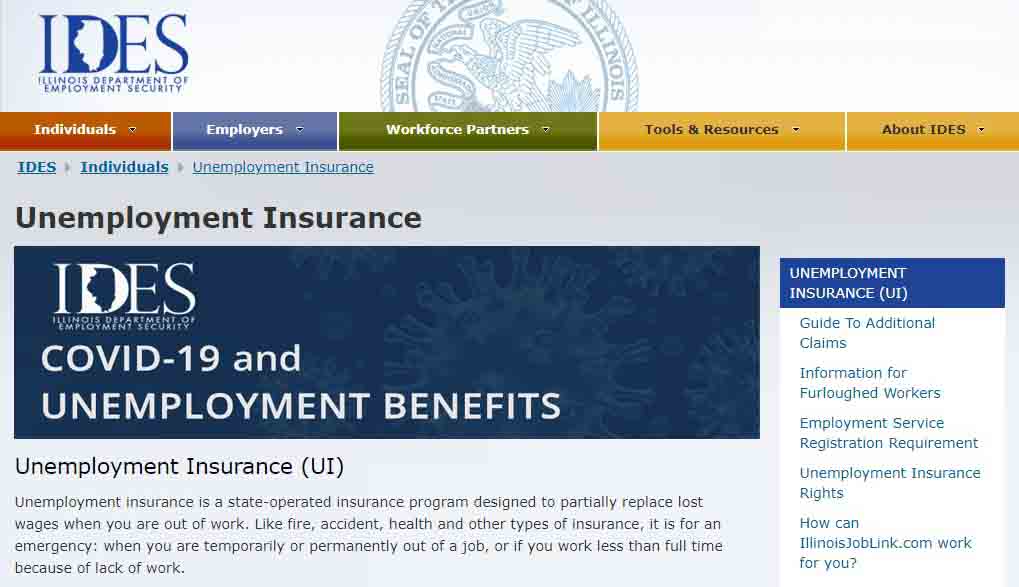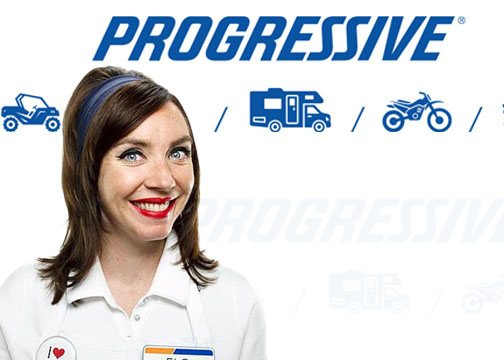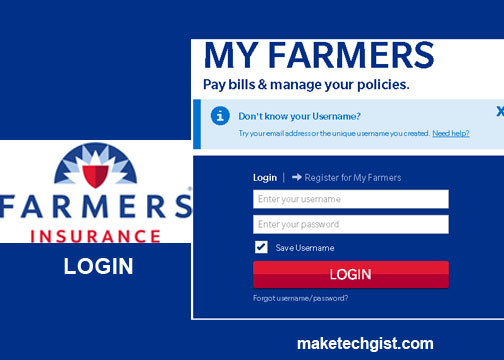Most individuals may be curious about why some repairs or improvements made during repairs aren’t covered by your insurance settlement? Property managers, business owners, and homeowners must understand betterment insurance to ensure fair and transparent insurance settlements.

Betterment insurance refers to improvements made to a property or asset during repair that increase its value above its pre-loss state. The rule in insurance claims management presents challenges, particularly when betterment affects settlement amounts and policyholder contributions. This article offers insights on the effect on claims, and financial management methods of betterment insurance. This is to guarantee the best possible outcomes and confidence from insurance policies.
How Does Betterment Insurance Work
Betterment insurance is a type of commercial property insurance that covers against a business losing access to structures or buildings that have been modified. Installing security cameras, lighting, flooring, wall coverings, and cabling for television and computer use are examples of non-temporary modifications covered by this policy. The structure itself is usually covered by a commercial property insurance policy owned by the property owner. Which pays for the lessee’s modifications.
When a tenant makes significant improvements that raise the property’s value, the owner may want to raise the insured value of the building to offset the expense. However, the landlord might wish to exclude these upgrades, typically at no extra cost to their policy.
What Does Betterment Insurance Cover
Improvements may seem beneficial to the insured, but they can significantly influence the settlement of insurance claims. Generally, an insurance policy will have clauses intended to keep the insured from making money off of a covered loss. This frequently indicates that the insurance company restricts betterment by using indemnity principles.
The following are events that can be covered by betterment insurance;
Betterment effect on insurance settlement process
Indemnity is a policyholder’s right to return to their pre-loss financial situation without benefits. If a policyholder makes betterment, they may be responsible for any additional costs beyond the property’s pre-loss value. This includes replacing appliances and using better building materials. The insured may have to pay the difference between the old and new appliances or materials.
Cost effect for insured individuals
Insured individuals may be responsible for the cost of modernizing electrical or plumbing systems beyond their original condition. Also, any expenses related to aesthetic improvements or enhancements beyond the scope of necessary repairs.
Wear and tear
The insured may need to cover repair costs. This is due to pre-existing wear and tear or deterioration, rather than damage caused by the covered loss. Furthermore, this is typically only applied in extreme cases.
Betterment Insurance Claim
Both landlords and tenants should check their leases to see who is liable for paying for improvements. And betterments made to leased spaces in case of property damage. A permanent or semi-permanent improvement cannot be legally removed, and accessories do not legally belong to the occupant.
If betterment coverage is not included in the policy, landlords may find it difficult to put the building back into use before the damage. Moreover, tenants should make sure that the expense of replacing or repairing improvements is covered by their business property policy.
What is the Betterment Charge
A betterment charge is a fee a provider may charge a policyholder after repairing or replacing damaged items that enhance the insured buildings’ condition or value. This charge is applied because the insurer’s primary obligation is to return the property to its original condition, not to improve it. For example, if a five-year-old roof is damaged and replaced with a new one, the homeowner may have to cover part of the cost since the new roof could be considered an upgrade, leading to betterment.
What is Betterment in Clause
The betterment clause in insurance policies allows insurers to deduct the betterment amount from the policyholder’s payout, preventing coverage for replacements or repairs that restore the item or property to pre-loss condition. This clause ensures indemnity, preventing policyholders from profiting from insurance claims, as the insurance principle states that a policyholder cannot profit from a loss.
What is Betterment in Car Insurance
Betterment insurance clause in car insurance policy prevents insurers from covering replacements or repairs that would increase the car’s value or quality after an accident. Providers don’t cover damage that has already occurred and assume proper vehicle maintenance. The insurance’s basis is indemnity, which ensures the policyholder’s financial standing is restored if a claim is settled. Moreover, the policyholder may be liable for the cost of the enhancement if a newer part is used.





